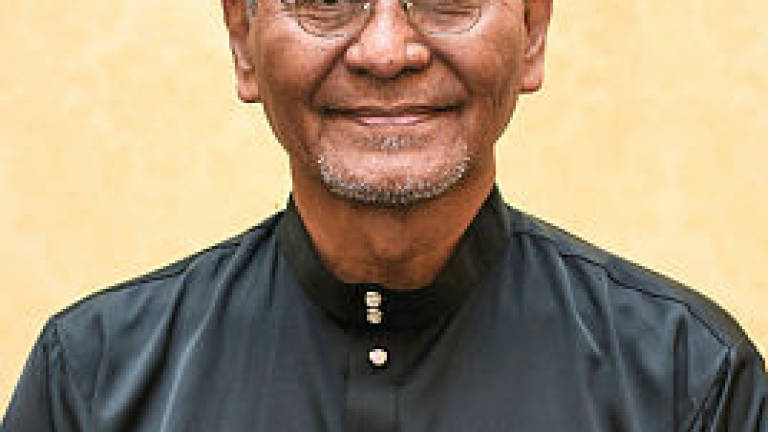Dzulkefly's GDP proposal receives strong support from patient groups

KUALA LUMPUR: Several patient support groups expressed support for the recent announcement by Health Minister Dr. Dzulkefly Ahmad (pix) to increase the country's spending or rather investment in healthcare to 6%-7% of its Gross Domestic Product (GDP).
The groups said the additional budget will go a long way to solve the problems faced by patients especially those from the low- and middle-income sectors who sought treatment at public hospitals.
The groups also called on the minister to allocate the additional budget to channels that need attention which was not a priority. Previously, most of the budget allocation was focused on improving existing or building new infrastructure.
The groups also lauded the new Government's health manifesto which provides focus on cancer care which is a growing disease burden in Malaysia.
The number of new cancer cases in Malaysia is expected to escalate by 54% from 37,000 in 2012 to 56,932 in 2025. This is based on projections from the International Agency for Research on Cancer, the specialised cancer agency of the World Health Organisation.
"There needs to be investments in the whole spectrum of cancer care – from screening, early diagnosis, timely treatment and good quality palliative care of patients," said Dr. M. Muralitharan, Medical Director of National Cancer Society of Malaysia.
He said medical innovation in cancer treatment is progressing rapidly but the public system has yet to fully make this available for its patients in public hospitals.
"Early diagnosis and timely medical treatment of cancer will be cost effective to the Government while providing better cure and survival outcomes to patients, thereby adding value to investing in the health of the Malaysian population," said Ranjit Kaur, President of Breast Cancer Welfare Association and Chairman of Together Against Cancer Association Malaysia (a coalition of cancer societies across the country).
To reduce waiting time for cancer patients, she said specialists practising in the private sector are willing to offer their time and expertise (pro bono) to treat patients in government hospitals. However, the bureaucracy in the Ministry of Health had been a barrier in the past.
A national health insurance scheme should be implemented in a transparent and equitable way instead of the plan by the previous government.
The Society for Cancer Awareness and Advocacy Kuching (SCAN), a coalition of cancer support groups from across the state, urged the new Health Minister to be more inclusive in his approach when making policy decisions with regards to cancer care.
Its president, Sew Boon Lui said: "The Minister needs to engage with patient groups, affected patients and caregivers to listen to our voices and hear what we as patients want for cancer care".
Skilled medical manpower particularly oncologists and bigger cancer treatment facilities are in dire need to cope with the rising demand in Sarawak, she added.